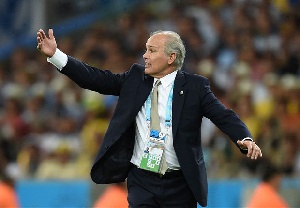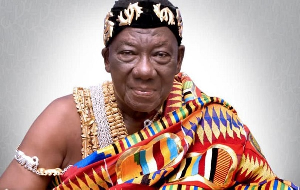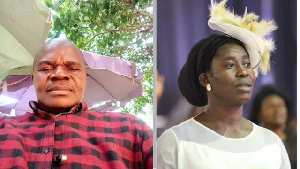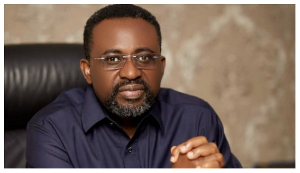Argentina came very close to winning the World Cup. The final was a great game, a match played with tremendous intensity and a strong desire to win by both teams.
Argentina almost hurt Germany, especially at the start of the match and the beginning of the second half. In those passages of the game, Argentina were superior. In extra-time, however, Germany looked the more likely to score – and that’s what happened.
Germany had an extra day’s rest and didn’t play extra-time in their semi-final, so perhaps Argentina were missing some fresh legs at the end. There were no fresh players to bring on in extra-time and that was maybe a factor.
But Germany were the most consistent team in the competition. Apart from the game against Algeria, they were the team that played the most consistently, the team with the most options in attack, with a group of players enjoying a positive moment and at the right age. Apart from players like Miroslav Klose and Bastian Schweinsteiger, this is a very young German team.
And it’s no coincidence that they’ve won the World Cup. I’m not surprised at all. They have been competing like this for a long time, they were in the semi-finals in 2006 and then again in 2010. Sooner or later, they were going to win it again and this time, they were lucky enough to get the goal right at the end of the game – just when we were heading for penalties.
Sabella did a lot of good work for Argentina in this competition. Bringing in Martin Demichelis was a great decision, the selection of Lucas Biglia and Enzo Perez too. The way he used Ezequiel Lavezzi to track back, the decision to keep faith with Sergio Romero and also Marcus Rojo, who had been criticised.
The coach did a lot of good things in this World Cup and I believe the final was just as he had imagined it: 4-4-2 with Lionel Messi and Gonzalo Higuain looking to break away with their pace. They were close and if Argentina had gone ahead, it would have been no surprise.
Higuain, Rodrigo Palacio and Messi all had clear chances, but none of them was able to hit the target. But these things happen in football and sometimes there is no reason for it, so there’s no point dwelling on that.
Sabella hasn’t said he is leaving yet, so we’ll have to see what happens. Coaching the national team is something I would like to do in future and I’m convinced the opportunity will arise, but only when I have more experience. I’m a club coach and I enjoy the day-to-day contact with the players. A national team doesn’t give you that and I think there are people who are better prepared.
I’m still living the experience of coaching day to day. When I have developed much more as a coach, when I have more experience, when I’m older, having managed different clubs, I’m sure I’ll get a chance with the national team. But not now.
A memorable World Cup
It was a great World Cup. The tournament was very open in the group stages, with lots of goals and a real emphasis on attacking football. In the second phase, it became more structured and more tactical, set up for the special players to win more tight matches. And towards the end, apart from the Brazil-Germany game, it became almost totally tactical.
Tactically, I didn’t see too much that was new. We saw teams working on closing spaces, getting a lot of men forward and above all sides using quick players like Mario Gotze, Toni Kroos, Angel di Maria, Perez, Oscar, Thomas Muller – players that give you the opportunity as a coach to have guys who can attack and also defend. The team that had the most of those players was Germany – and they were the ones who ended up winning it.
The location also made it special. Football in South America has a unique flavour, with plenty of passion in the stands and a great atmosphere. That also helped make for an exciting competition.
Sports News of Thursday, 17 July 2014
Source: goal.com













